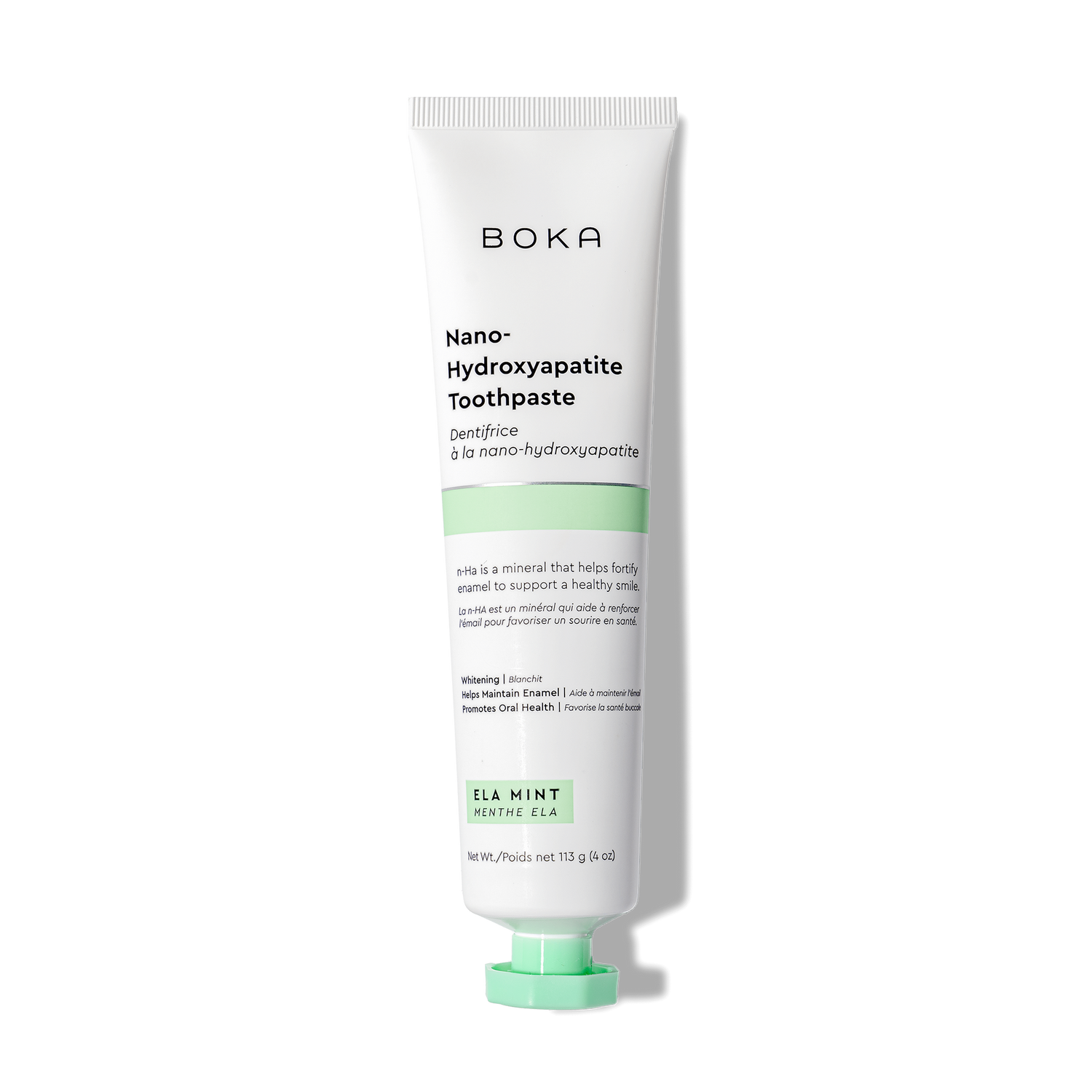As parents, we’re constantly teaching our kids habits that stick—tying shoes, saying “please,” and putting toys away. When it comes to dental health, starting early isn’t just a nice to have—it’s a big deal.
According to the CDC's 2024 Oral Health Surveillance Report, about 11% of children aged 2–5 years have untreated dental problems in their primary teeth. And this figure rises to nearly 18% among children who are between 6 to 8 years old.
Building a foundation for healthy teeth and gums not only helps prevent these common issues. They also set the stage for a lifetime of bright smiles and early confidence building.
The Big Deal About Building Dental Habits Early
Good oral health goes beyond just having a great smile. A child who feels good about their smile is more likely to grin wide, laugh freely, and shine in those school pictures (even if their shirt is covered in lunch stains).
Why is building this routine important for our children?
It stops little problems from becoming big ones.
Healthy gums and teeth are your kid’s first defense against tooth decay and gum issues. No one wants to deal with gingivitis before adolescence.
It helps kids chew like champs.
Teeth that can break down broccoli—or, let’s be honest, mac and cheese—mean their tummies get the nutrients they need without extra work.
It shapes their future smile.
Those tiny teeth help guide adult teeth into the right spots, meaning fewer braces and orthodontist visits down the road. Teaching kids to care for their teeth now means they’ll hopefully skip out on avoidable dental drama as adults.
It affects heart health, too!
Believe it or not, oral health is linked to heart health, diabetes prevention, and more—starting early is like a wellness cheat code.
It also helps avoid or reduce missed school days.
Children with poor oral health are more likely to experience problems at school and miss more days due to health issues. By maintaining good dental hygiene, kids can stay focused in class and reduce absenteeism, supporting their overall learning and success.
How to Start Them Young
Research shows that kids are more likely to adopt lifelong habits when they understand why they matter and see those habits modeled consistently. Here are some great tips for parents when training their kids in dental hygiene.
Start with fun tools.
Kid-sized toothbrushes with fun colors or patterns make brushing more exciting. Electric toothbrushes, like Boka's kid-friendly sonic toothbrush, combine effective cleaning with a bit of novelty, making the two-minute routine easier to stick to.
Choose an n-Ha toothpaste.
If you have kids who haven’t fully learned to spit, n-Ha is a functional ingredient in Boka’s toothpaste that works to help remineralize the teeth and is safe if accidentally swallowed. You can choose the n-Ha Orange Cream Toothpaste or the n-Ha Strawberry Mango Toothpaste variants for fun, flavorful ways to brush. And since it doesn’t need rinsing after brushing, it stays on the teeth for a better chance to do its job.
Model the behavior.
Kids learn by watching, so let them see you brushing and flossing regularly. If brushing becomes a family event, they’ll be more likely to follow suit.
Schedule regular checkups.
Twice-a-year dental visits are a chance to catch any issues early and let professionals reinforce those good habits you’ve been working on at home.
Conclusion
Getting kids to care about their teeth doesn’t have to feel like pulling teeth. With the right tools and creativity, brushing and flossing can become just another part of the day—like bedtime stories or snack time. Whether it’s a playful toothbrush, a kid-safe toothpaste, or a family brushing session, these small changes make a big difference. And the payoff? Healthier teeth, fewer trips to the dentist, and kids who grow up smiling big—on picture day and every day.


